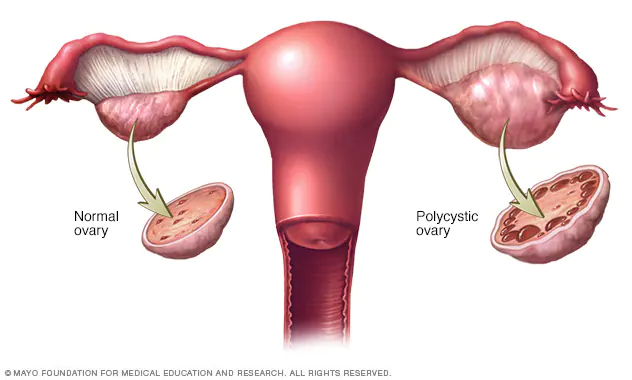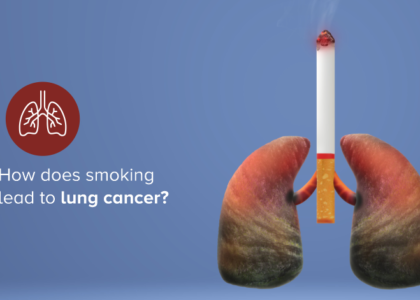
Polycystic Ovary Syndrome (PCOS) is a common hormonal disorder affecting women of reproductive age. Characterized by a range of symptoms, PCOS can impact physical, emotional, and reproductive health. Understanding this condition and exploring its treatments can empower women to manage it effectively.
What is PCOS?
PCOS occurs when a woman’s ovaries produce higher-than-normal amounts of androgens, male hormones that are present in women in small amounts. This hormonal imbalance can interfere with the development and release of eggs during ovulation.
Common symptoms include:
- Irregular or absent menstrual cycles
- Excess facial and body hair (hirsutism)
- Acne and oily skin
- Thinning hair or hair loss on the scalp
- Weight gain or difficulty losing weight
- Polycystic ovaries (enlarged ovaries with many small cysts)
Causes of PCOS
The exact cause of PCOS remains unknown, but several factors are believed to contribute:
- Genetics: PCOS tends to run in families.
- Insulin Resistance: Many women with PCOS have insulin resistance, leading to higher insulin levels that stimulate androgen production.
- Inflammation: Chronic low-grade inflammation can also increase androgen levels.
Health Risks Associated with PCOS
If left unmanaged, PCOS can lead to:
- Type 2 diabetes
- High blood pressure
- Sleep apnea
- Heart disease
- Endometrial cancer
- Infertility
Treatment Options for PCOS
While there is no cure for PCOS, various treatments can help manage its symptoms and associated risks.
1. Lifestyle Changes
- Healthy Diet: A balanced diet rich in fruits, vegetables, lean proteins, and whole grains can help regulate insulin levels and support weight management.
- Regular Exercise: Physical activity improves insulin sensitivity, aids weight loss, and reduces androgen levels.
- Stress Management: Techniques such as yoga, meditation, and mindfulness can help manage stress, which can exacerbate symptoms.
2. Medications
- Birth Control Pills: These regulate menstrual cycles, reduce androgen levels, and improve acne.
- Metformin: Commonly used to treat insulin resistance.
- Anti-Androgen Medications: These can help reduce excess hair growth and acne.
- Fertility Treatments: For women trying to conceive, medications like Clomiphene or Letrozole can stimulate ovulation.
3. Natural and Ayurvedic Treatments
- Herbal Remedies: Herbs like spearmint, cinnamon, and fenugreek may help regulate hormones and improve insulin sensitivity.
- Ayurveda: Treatments focus on detoxification and balancing hormones through personalized diet plans, herbal formulations, and lifestyle adjustments.
4. Advanced Medical Interventions
- Laparoscopic Ovarian Drilling: A surgical option for women who do not respond to medications.
- In Vitro Fertilization (IVF): Helps women with PCOS achieve pregnancy when other methods fail.
Conclusion
Living with PCOS can be challenging, but it is manageable with the right approach. Early diagnosis, a supportive healthcare team, and consistent lifestyle changes can make a significant difference. If you suspect you have PCOS, consult a healthcare professional to develop a tailored treatment plan. Remember, every step towards managing PCOS is a step towards better health and well-being.












